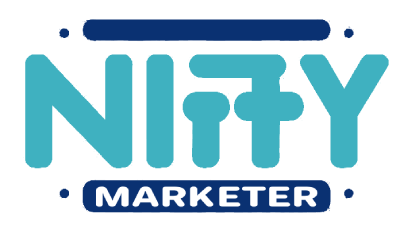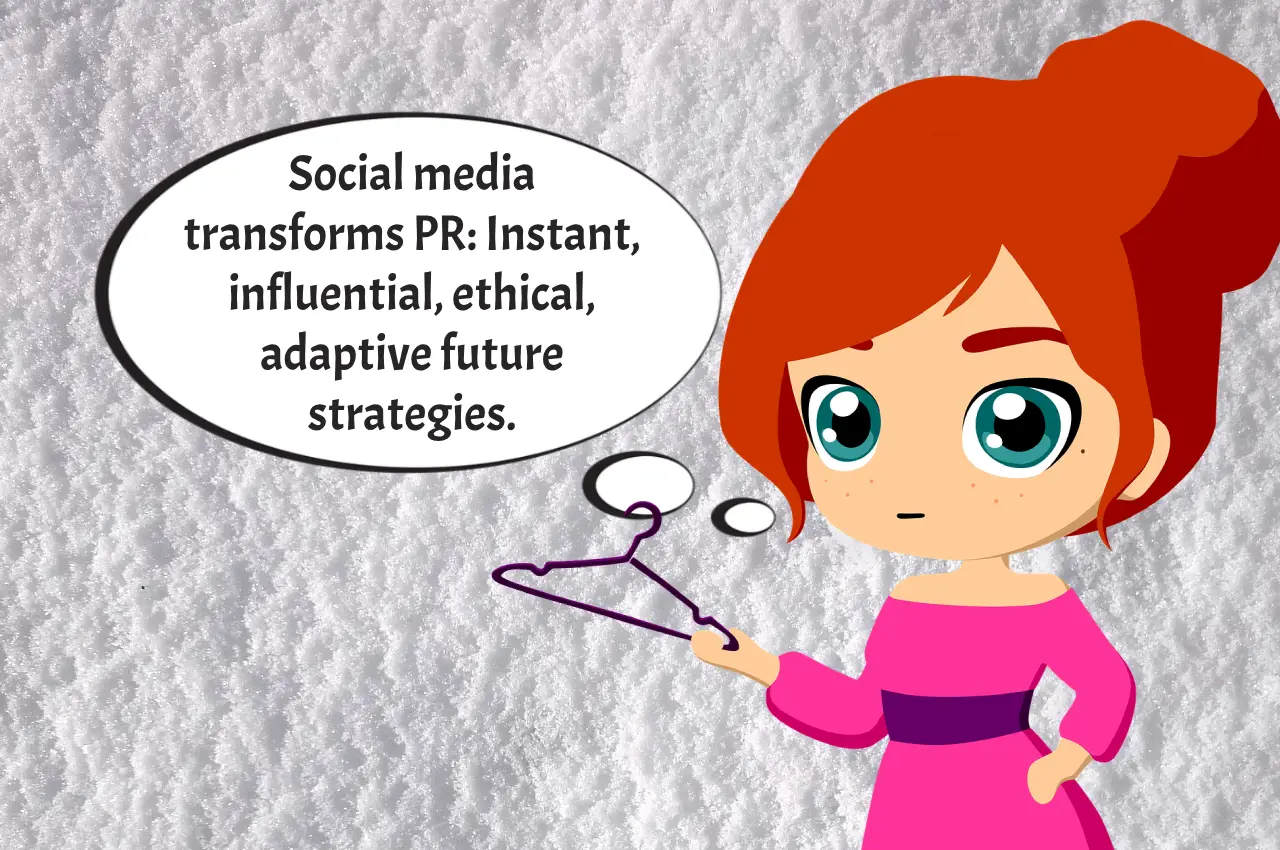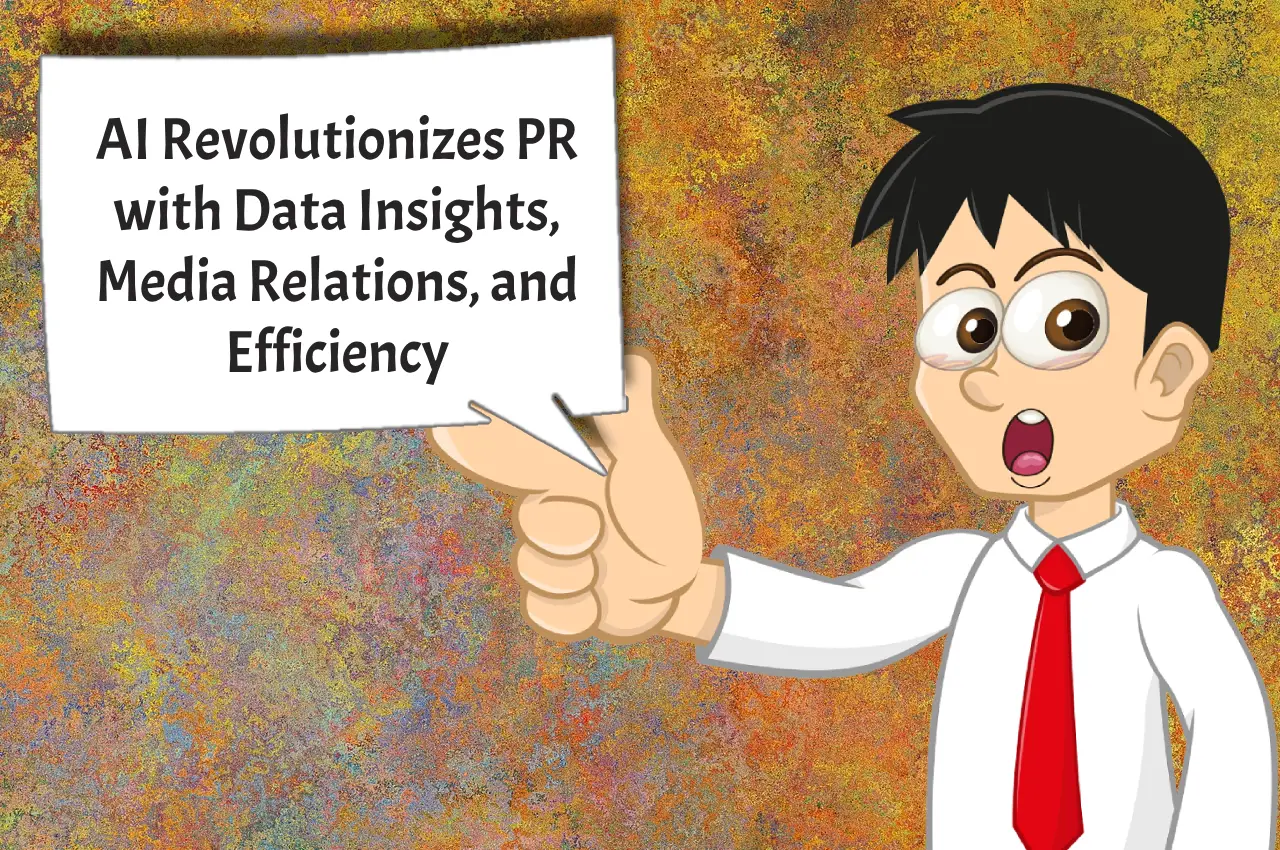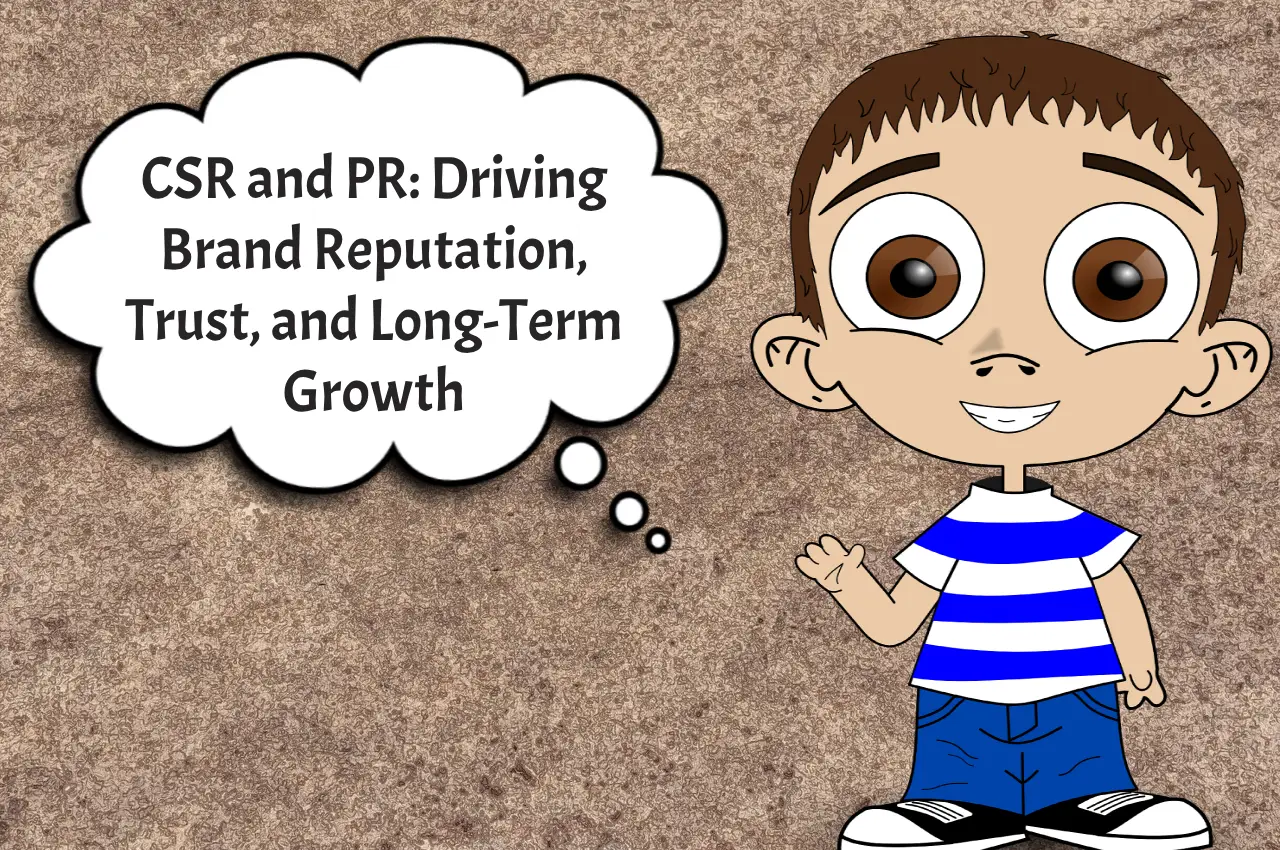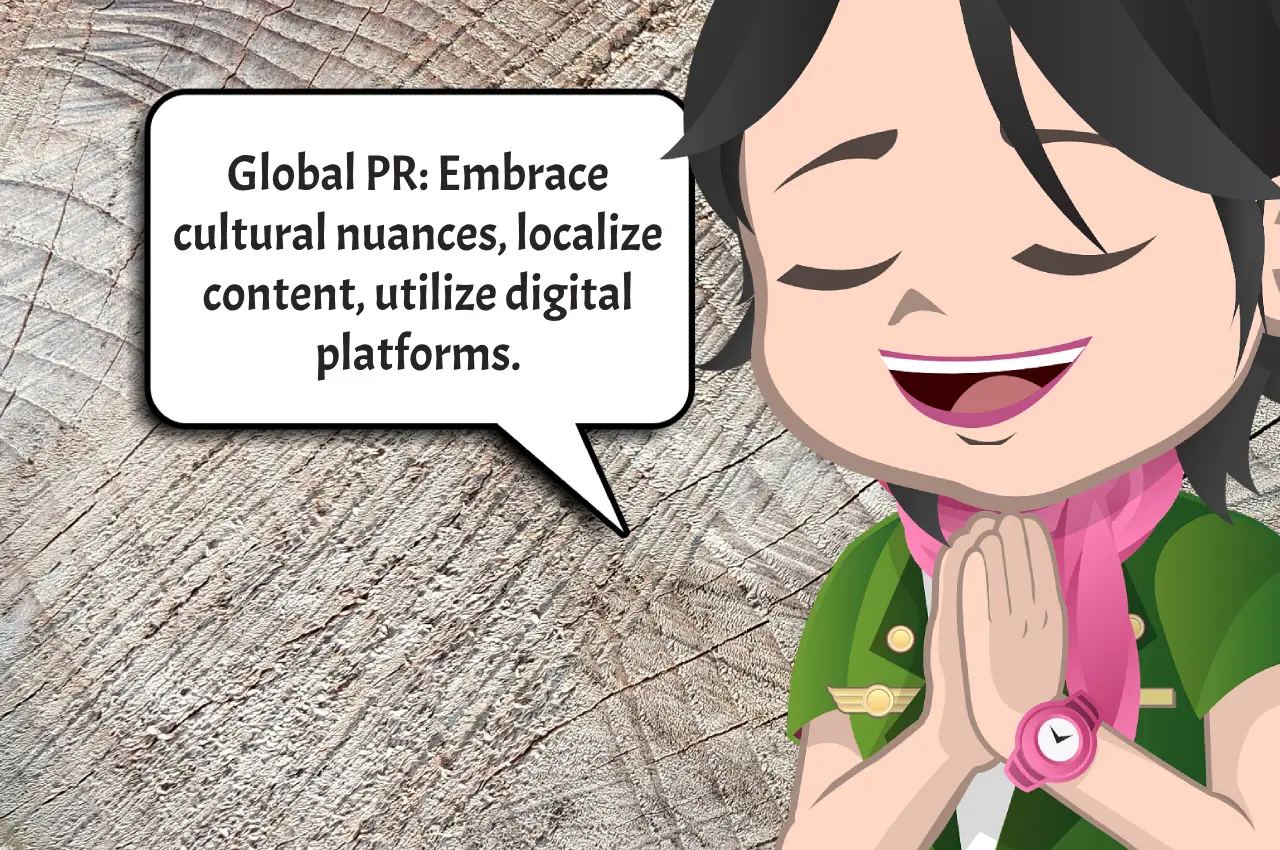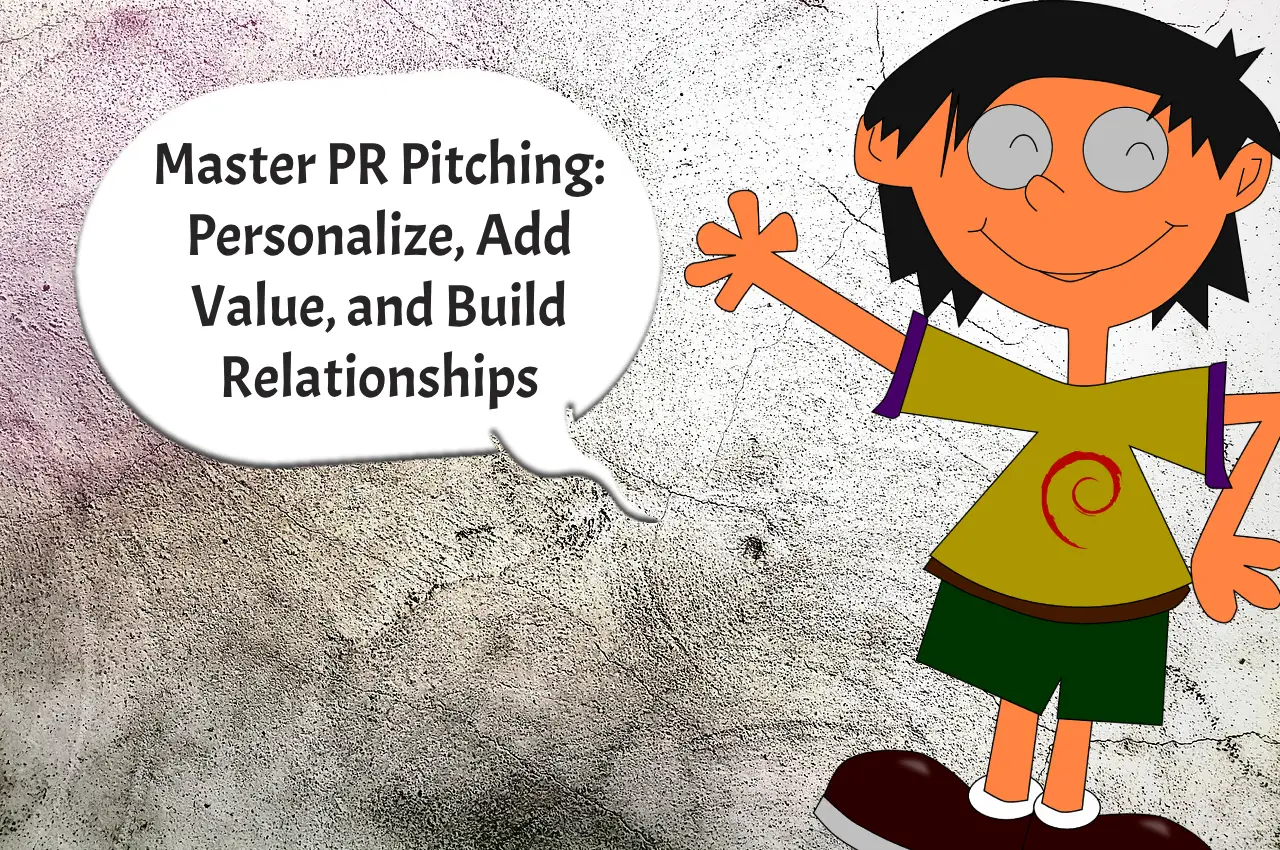In the digital age, social media has fundamentally redefined public relations (PR). Its influence stretches far and wide, altering the way brands communicate and engage. This blog dives into how social media has reshaped modern PR practices and the future of public relations.
Social Media: The New PR Battleground
Social media is a potent yet tricky platform. It’s a space where brands can either flourish or falter based on their communication strategies. Remember the 2017 Pepsi ad controversy? It aimed to convey unity but ended up trivializing key social issues, showcasing the need for brands to be both sensitive and authentic in their social media approaches.
Instant Connection: The New Norm
The era of waiting days for a brand response is over. Social media demands and enables real-time interaction. Wendy’s, with its sharp and timely Twitter banter, is a prime example. This brand has mastered the art of using humor to engage with its audience, turning potential complaints into viral conversations. However, this immediacy also requires brands to be ever-alert and ready to respond at a moment’s notice.
Influencers: The New PR Ambassadors
Influencers are redefining traditional PR strategies. They offer a relatable and often trusted avenue for brands to reach their audience. Daniel Wellington’s rise through influencer partnerships is a testament to this. By utilizing influencers across various social platforms, they significantly increased their brand visibility and appeal.
Navigating Crises in the Social Sphere
In a world where news spreads like wildfire on social media, effective crisis management is crucial. KFC’s humorous yet apologetic response to their 2018 UK chicken shortage turned a potential disaster into a brand-strengthening moment. This incident highlights the importance of timely and transparent communication in mitigating crises.
The Power of User-Generated Content
Brands are increasingly turning to user-generated content (UGC) for more authentic engagement. UGC not only boosts credibility but also fosters a sense of community. GoPro’s strategy of showcasing customer videos exemplifies this. They turned their users into brand advocates, effectively using real-life experiences to promote their products.
Leveraging Analytics for Strategic Insights
Social media analytics are invaluable for fine-tuning PR strategies. They provide insights into consumer behavior and preferences. Netflix’s use of social listening to guide content and marketing decisions is a brilliant example of this. By understanding viewer trends and discussions, they can tailor their offerings more effectively.
Engaging Audiences with Interactive Content
Interactive content is revolutionizing PR. It fosters active participation, which can significantly boost engagement and brand recall. Interactive quizzes, polls, and videos are increasingly common, allowing audiences to feel directly involved with the brand.
Ethical Challenges in Digital PR
With the vast power of social media, ethical considerations are paramount. Brands must navigate issues like privacy, misinformation, and digital ethics responsibly. Maintaining transparency and integrity is essential in every social media strategy for the future of public relations.
Adapting to the Ever-Changing PR Landscape
The PR landscape is constantly evolving with social media. Brands need to stay adaptable, embracing new platforms and trends. Technologies like AI and VR offer exciting possibilities for the future of PR. However, staying authentic to the brand’s core values is crucial amidst these changes for the future of public relations.
Charting the Future of PR
Social media’s impact on PR is profound and will continue to grow. It’s a challenging yet exhilarating field, demanding creativity, sensitivity, and strategic planning. Looking ahead, the role of social media in redefining the boundaries of PR is undeniable.
We’ve explored the dynamic world where social media and PR intersect. Now, we’re eager to hear your thoughts on the future of public relations. How do you see social media influencing PR? Share your experiences or insights below. Let’s keep this conversation alive!
